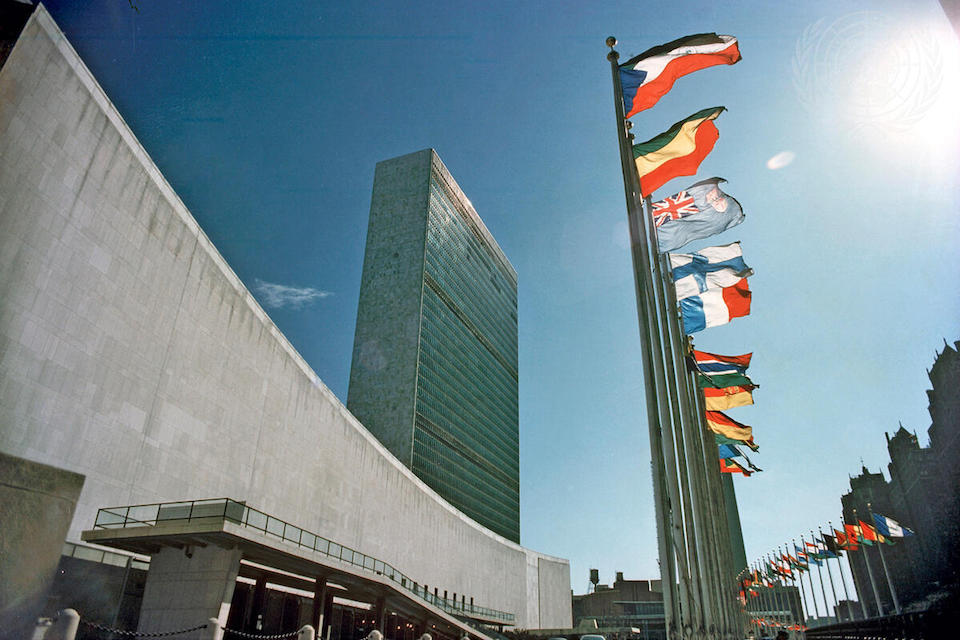Building back better and fairer for women and girls around the world
UK National Statement at the 65th Commission on the Status of Women by Baroness Berridge

Chair,
As we reflect on the past year we must acknowledge the pandemic and its effect on all our lives.
Globally, COVID-19 has worsened many of the challenges already faced by women and girls and we must now look ahead to a recovery which benefits, and indeed is driven by, women and girls around the world.
Women have been at the forefront of the fight against COVID-19. Scientists, healthcare workers and carers have been working tirelessly to keep people safe; and teachers have done a tremendous job in adapting quickly and skilfully to ensure that our children continue to be educated.
As we look to build back better, allow me to set out four ways that the United Kingdom is making a difference on gender equality around the world.
This year, the UK holds the G7 Presidency. We want to ensure that gender equality and inclusion are at the centre of our work.
The Prime Minister has agreed to convene an independent Gender Equality Advisory Council, bringing fresh ideas and new voices to the heart of G7 discussions, to galvanise our ambitions on gender equality.
The Minister for Women and Equalities, Liz Truss, will lead on establishing the Council to ensure our Presidency delivers for women and girls - at home and around the world.
As an education minister, I know how important education is for all children. Education is the foundation which facilitates the success of our girls and should encourage them to dream bigger than the generations who have come before. This is where we sow the seeds for some women leaders and decision-makers.
I’m very proud to say that between 2015 and 2020, the UK supported 8.1 million girls around the world to gain access to a good education, and we have big ambitions to go even further.
I am thrilled that the Prime Minister recently appointed Helen Grant MP as the UK’s Special Envoy on Girls’ Education. In that role, Helen will champion the UK’s global expertise on education and secure backing for ambitious initiatives to achieve our global objectives.
One of the most systemic and widespread human rights violations of our time is violence against women and girls – it is the shadow pandemic, and we are reminded that many live in daily fear of violence. We must all do more to prevent this.
Through our “What Works to Prevent Violence Programme”, we have pioneered approaches worldwide that have shown reductions in violence of around 50%, proving that violence is preventable. Domestically, we have introduced our landmark Domestic Abuse Bill, which will help protect and support the victims of abuse and bring perpetrators to justice.
We are stepping up our international leadership on this agenda and are delighted to be co-leading the new global Action Coalition on Gender-based Violence with global partners.
As we look to the future, we must ensure that inclusion is placed front and centre in our efforts to tackle climate change.
This year we will host an inclusive COP26 that advances gender-responsive climate action and finance. We will amplify the voices of women, girls and marginalised people and empower them to act as decision-makers, advocates and leaders.
The pandemic may have paused our progress, but we must now grasp the opportunities we have to build back better and fairer for women and girls around the world, to achieve the Sustainable Development Goals. We must ensure that women are represented in the recovery from the pandemic, that their voices are heard and that we support women to become leaders and decision makers - now and in the future.
Thank you for your time.